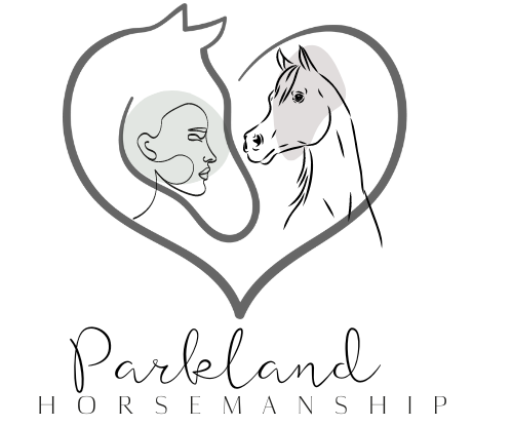Horses are incredible teachers and healers. Without judgment or bias, they help people discover more about themselves through their interactions with them.
Engaging with horses encourages physical activity that can reduce stress levels and enhance mental wellbeing, as well as help participants develop greater communication skills (including nonverbal).
1. Boosts Self-Esteem
Horses provide clients with a sense of safety, encouraging them to open up and be vulnerable. Horses also assist people in facing their fears safely in an atmosphere conducive to success – an experience which can increase self-esteem and confidence while helping adults and children with attention deficit hyperactivity disorder (ADHD) establish healthy trusting relationships.
Horses are intelligent observers that can give us insight into our mood, behavior and emotions. Additionally, horses respond to nonverbal cues that help improve communication skills – helping individuals build relationships based on mutual respect and support which in turn boost their self-esteem.
At sessions, clients engage in activities such as grooming, leading and haltering horses. There may also be specific tasks or obstacles they have to overcome and then discuss these experiences with their therapist. Studies have demonstrated that this form of therapy can increase perceived social support and self-esteem while helping those suffering from posttraumatic stress disorder heal from past traumas.
2. Helps Deal With Anxiety
Horses possess natural social skills and provide a safe space to help individuals overcome anxiety disorders such as posttraumatic stress disorder (PTSD). Furthermore, working with horses promotes nonverbal communication skills which can be transferred into interpersonal relationships for improved overall mental health.
Participants benefit from learning that horses are keen observers and sensitive to clients’ emotional signals, teaching them how to stay calm and communicate more effectively. Furthermore, participants come to realize that horses’ apprehensions are not their own; helping them identify and challenge automatic thoughts.
Clients often need to care for animals/horses themselves, which encourages responsibility and self-efficacy. Furthermore, organizing their time around meeting animal needs teaches clients to balance activities and set priorities – helping reduce irritability while improving impulse control, capacity for delay and cooperation as well as emotional regulation.
3. Helps Deal With Depression
Equinine therapy offers many people an avenue for relieving symptoms of depression by encouraging relaxation and mindfulness practices that allow clients to stay in the present moment and learn how to better control their emotions.
Prey animals like horses have an intuitive sense of their environment and can sense when a person is stressed or anxious, often reacting by moving away skittishly or becoming more assertive – helping clients work through their anxieties and learn to cope better.
Equine therapy when coupled with Dialectical Behavior Therapy (DBT) can teach patients to accept strong emotions and situations rather than judge or avoid them, aiding their ability to cope with depression, anxiety and other conditions more effectively.
4. Helps Deal With Anger
Mentally healthy people sometimes find it hard to identify or deal with their emotions. Equine-assisted therapy provides people with an outlet for processing feelings more easily, helping them become aware of how they react to life’s challenges.
As herd animals, horses are well-known to be keen observers of both their environment and those surrounding them, including humans. Horses have an especially keen sense for emotional cues that signal distress or change and often mirror these behaviors in people around them.
Due to their size, horses may cause fear and anxiety for many individuals. Working with these animals teaches clients to develop trust and confidence with animals that loom over them, helping reduce anxiety and feelings of depression. Furthermore, clients learn how to control their responses as well as develop healthy coping mechanisms they can apply daily in daily life.
5. Helps Deal With Grief
Horses offer comfort to those grieving the death of loved ones or struggling to express their emotions to others. Their companionship can offer immeasurable healing.
Glazer reports that using horses as therapeutic tools often serves as a metaphor for real-life issues. He gives an example of one child using them to process her feelings about moving to a new town and gain greater insight into both herself and behaviors associated with this move.
When seeking equine therapy as a means of dealing with grief or other emotional and behavioral difficulties, make sure your therapist has been credentialed and trained in this area. Inquire as well whether the program has received endorsement from any professional organizations.

